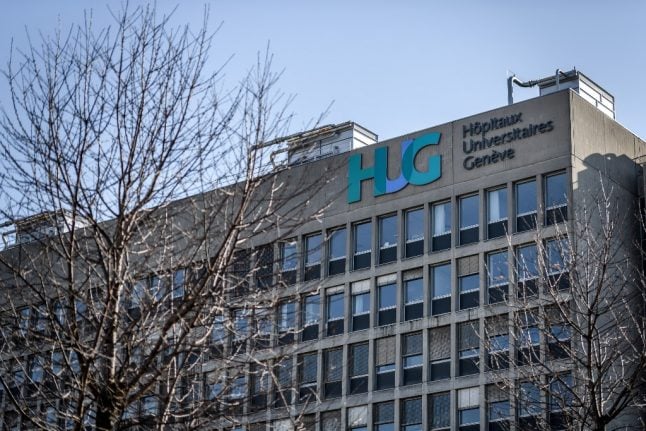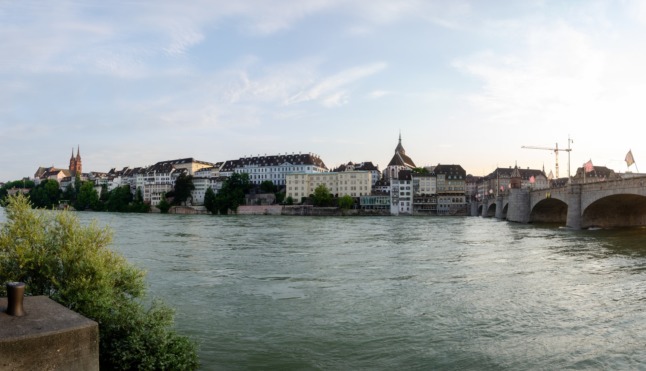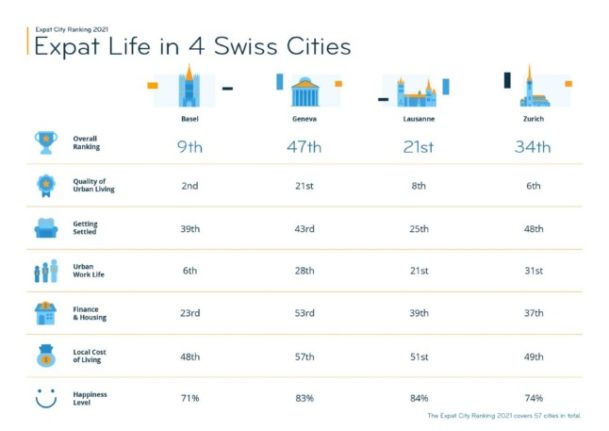According to the head of Geneva’s Health Ministry Adrien Bron, “the situation is no longer getting worse”.
He based this assessment on the fact that there hasn’t been an increase in Covid-19 patients at Geneva’s University Hospitals (HUG) in the past few days.
As of Friday, there are 629 coronavirus patients at HUG and other Geneva hospitals, 29 of whom are in the intensive care unit.
For health authorities, it is now a “matter of maintaining existing conditions and not allowing them to get worse”.
Geneva has tried to rein in the skyrocketing number of infections by imposing the strictest control measures in Switzerland, which include the closure of non-essential businesses.
Even so, Geneva remains the most impacted canton in Switzerland, with nearly 6,000 cases per 100,000 inhabitants. It is followed by Valais (5,044) and Fribourg (5,025).
READ MORE: Why does Geneva have the 'highest number of coronavirus infections in Europe'?
Elsewhere is Switzerland, “the epidemiological situation is heading towards stabilisation” as well, said Virginie Masserey, the head of the infection control section of the Federal Office of Public Health (OFSP).
She added, however, that the number of new daily infections remains too high.
You can see the latest available numbers here.
Even though Masserey said that there are still too many coronavirus cases in the country, officials are talking about ‘stabilisation’ because the numbers are no longer climbing alarmingly, as they had at the end of October.
“This stabilisation trend is a sign that the measures taken by the cantons and the Federal Council are effective. But now is not the time to slack off,” she warned.
On October 29th, the Federal Council implemented a slew of restrictions to curtail the number of coronavirus cases. These measures include compulsory masks outdoors in all areas where “the concentration of people does not allow the necessary distances to be respected”, 11 pm curfew for bars and restaurants, the closure of nightclubs and discos, as well as the limit of 10 people for private gatherings and 50 for public events.
Several cantons have added their own rules which go beyond those mandated on the national level.




 Please whitelist us to continue reading.
Please whitelist us to continue reading.
Member comments